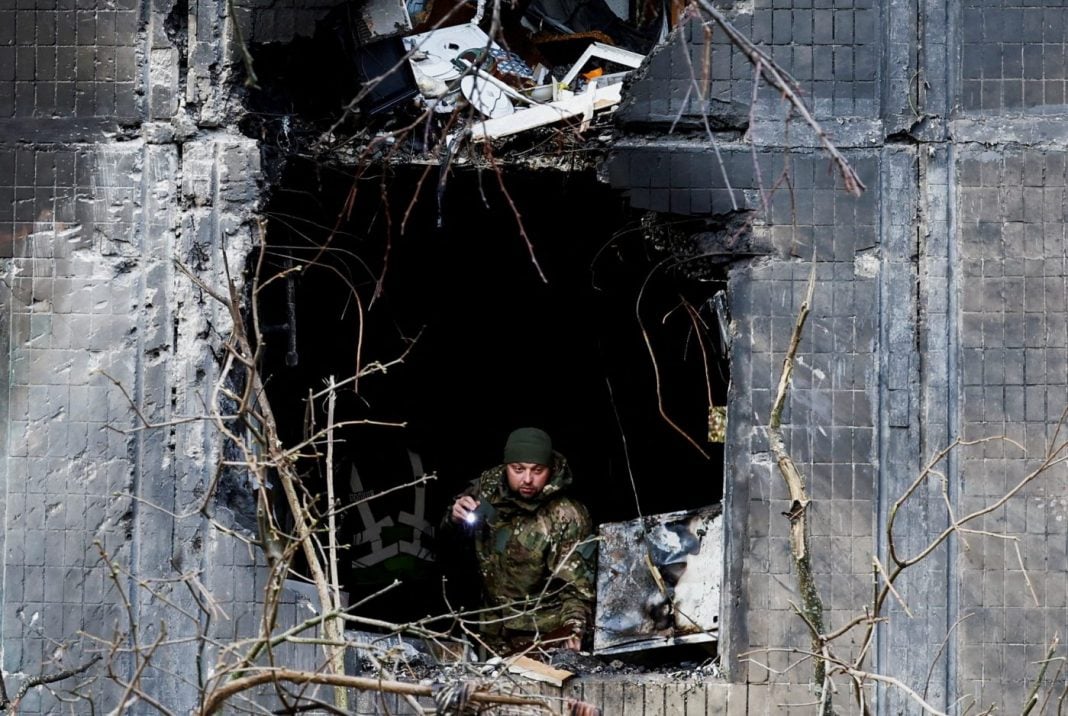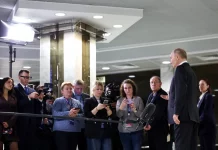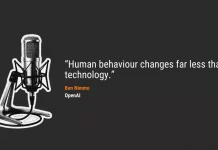Ukraine’s setbacks are troubling but only part of the story.
By Edward Lucas, for CEPA
Corruption scandals in Kyiv, devastating attacks on infrastructure, the looming loss of Pokrovsk, and newly effective Russian innovation in drone warfare — the bad news from Ukraine keeps coming. Put the elements together and they make a bleak, even dire, picture. Ukraine is running out of soldiers, money, power supplies, and time, while its leaders are running out of credibility. Western countries (not just the United States) will not continue supporting a lost cause. Perhaps the best option, as suggested by the former Finnish president Sauli Niinistö, is for the Europeans to open direct talks with the Kremlin to see what can be salvaged.
False optimism and wishful thinking, from abroad or at home, are indeed no help to Ukraine. It is right to assess the military position soberly and to weigh painful choices. But reflex doom-mongering is even worse. Ukraine’s military commanders may be getting things wrong, in the way they manage conscription, or in expecting soldiers to defend doomed positions. But they are getting a lot of things right too. The stunning success of long-range strikes within Russia is one example. Naval drone warfare is another. Russia’s gains come at a colossal cost. Ukraine is in effect trading small amounts of land for enormous quantities of Russian blood and treasure. The fortunes of war ebb and flow, and change with surprising speed. Ukraine is on the back foot and faces a difficult winter, but it is far from beaten.
On the anti-corruption front, the real story is not that sleaze and bribery are disgraceful, deep-rooted features of Ukrainian public administration. We knew that. It is also worth noting that corruption is endemic in war (along with lies and the introduction of stupid rules). Much more important is that the scandals have not demoralised Ukrainian public opinion. Instead — and much more encouragingly — they have infuriated Ukrainians, who earlier this year forced the authorities to stop an attempt to muzzle the anti-corruption agencies.
This shows what Ukrainians, and their foreign allies, are fighting for: a law-governed country where even the richest and best-connected people can be held to account. In much of the world, such mechanisms are rare, and in the aggressor state, they are wholly absent. Can you imagine a headline on the lines of “Russian prosecutor-general investigates energy industry scams — anti-corruption campaigners demand action from Kremlin.” No — me neither.
Europeans should not stop aid to Ukraine in response to the scandal. But they should take extra steps to ensure that foreign money is honestly spent, and particularly to help Ukrainians who want to clean up their country. Some of the proceeds of seizing frozen Russian assets (when that finally happens), for example, should flow to the cash-strapped anti-sleaze watchdogs: the NABU anti-corruption unit, the SAPO special prosecutor, and the Accounting Chamber; and to support whistleblowers. Outsiders should also pay attention to another bubbling scandal, in military procurement, insisting that Ukraine apply NATO standards to defence tendering, and that all Ukrainian counterparties in foreign-financed contracts provide full beneficial ownership information, and ensure that all individuals involved pass anti-money-laundering checks.
Not only is Ukraine still worth fighting for and supporting. There is no alternative to keeping going. Vladimir Putin has no interest in negotiations. He wants Ukraine’s destruction, and if he scents victory, he will redouble his efforts to achieve it. A Ukrainian defeat — military collapse, millions of refugees, Novorossiya stretching to the Moldovan border, and huge new resources for the Kremlin’s war machine — would be catastrophic. For Europeans, such an outcome would mean emergency rearmament at enormous costs, and at great risk. Ensuring Ukrainian victory looks like a bargain in comparison.
By Edward Lucas, for CEPA
Edward Lucas is a Senior Fellow and Senior Advisor at the Center for European Policy Analysis (CEPA).
Europe’s Edge is CEPA’s online journal covering critical topics on the foreign policy docket across Europe and North America. All opinions expressed on Europe’s Edge are those of the author alone and may not represent those of the institutions they represent or the Center for European Policy Analysis. CEPA maintains a strict intellectual independence policy across all its projects and publications.





